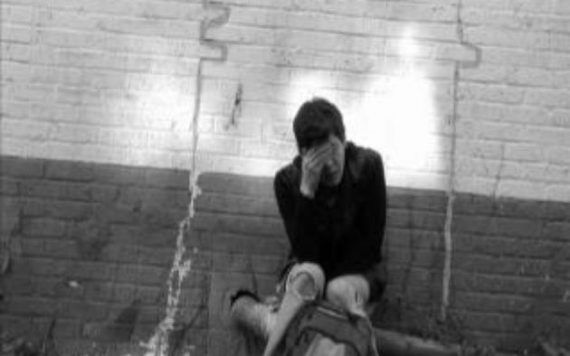
Friends in High Places: thoughts about SMIs
By Dinah Miller
Move over, there’s a new federal mental health committee in town. The department of Health and Human Services has formed the Interdepartmental Serious Mental Illness Coordinating Committee. My friends Pete Earley and Elyn Saks are both on the committee, and Pete has been blogging about the committee for a couple of weeks now– the good, the bad, the ranting, and the missed opportunities after the first day of meetings last week.
You’ll be pleased to know that I didn’t miss the opportunity to put in one of my concerns: I emailed Pete and Elyn to tell them how pre-authorization for medications is having a negative impact on the practice of medicine, and psychiatry in particular. Nothing new, but it’s a topic that every medical organization has been fighting for years and nothing ever gets done, so I thought I would ask that it be brought up again. My thanks to Pete for including my concern on one of his blog posts.
When people talk about serious mental illness (SMI), I always have the same reaction: What is it?
That said, the conversation about SMI often flows to the topic of involuntary treatment. It goes along the lines of …if only. If only we could force sick people to get treatment then they wouldn’t end up in jails and prisons. If only we could force sick people to get treatment then they wouldn’t be homeless, on the streets, committing violent crimes and mass murders. If only. If only it were that simple. What gets missed is that addiction co-occurs with mental illness, and poverty confounds it all –so if only people were not raised in poverty, exposed to violence, and addicted to drugs and alcohol, then so many fewer people would be living on our streets, in our jails, and committing acts of violence. If only.
There is another problem with this kind of thinking.
 with Annette Hanson, MD, an assistant professor of psychiatry at the University of Maryland School of Medicine and Johns Hopkins University School of Medicine, of COMMITTED: The Battle Over Involuntary Psychiatric Care . The two also collaborated on writing Shrink Rap: Three Psychiatrists Discuss Their Work along with Steven Roy Daviss, M.D., a faculty member at the University of Maryland and chair of the Department of Psychiatry at Baltimore Washington Medical Center.
with Annette Hanson, MD, an assistant professor of psychiatry at the University of Maryland School of Medicine and Johns Hopkins University School of Medicine, of COMMITTED: The Battle Over Involuntary Psychiatric Care . The two also collaborated on writing Shrink Rap: Three Psychiatrists Discuss Their Work along with Steven Roy Daviss, M.D., a faculty member at the University of Maryland and chair of the Department of Psychiatry at Baltimore Washington Medical Center.


